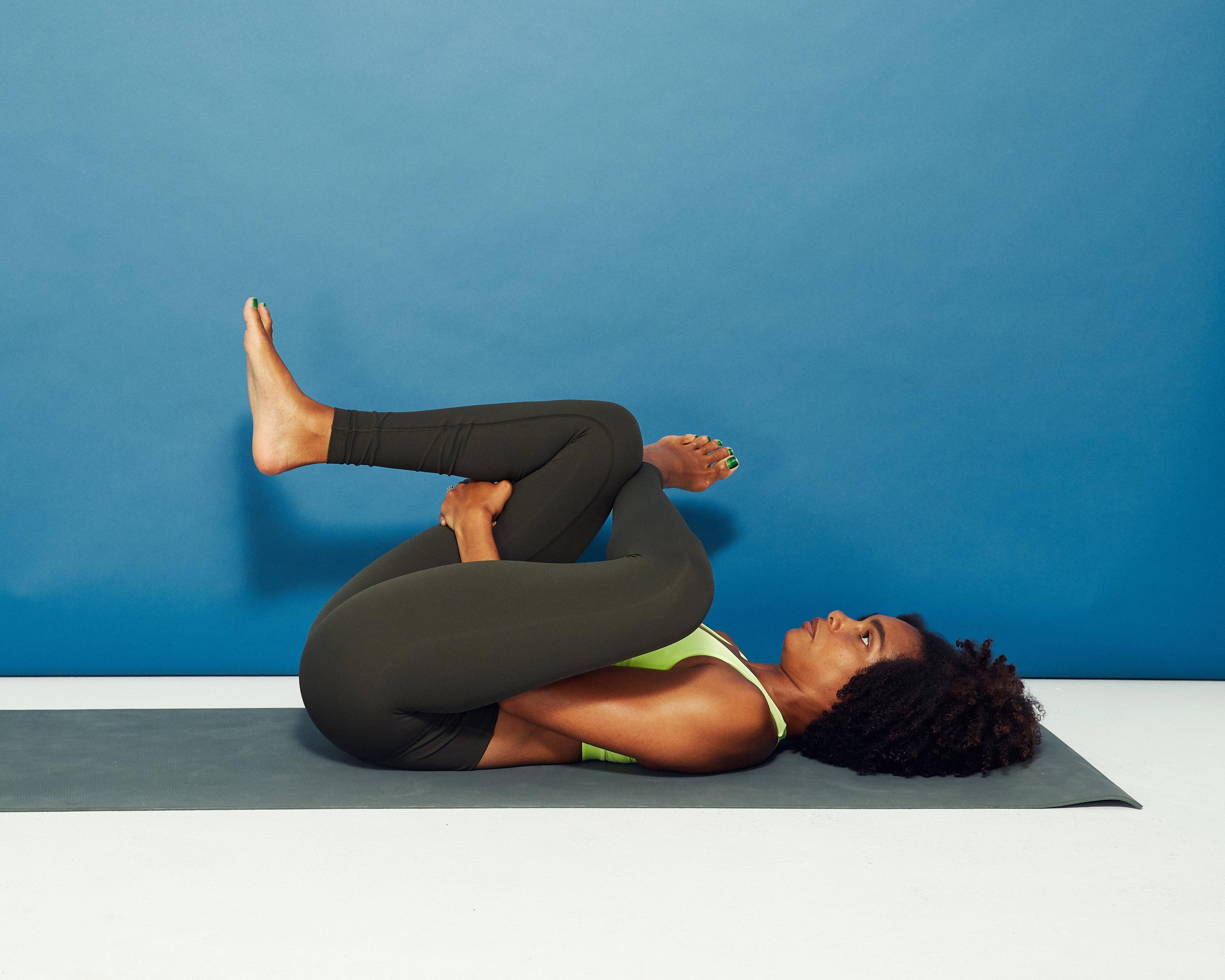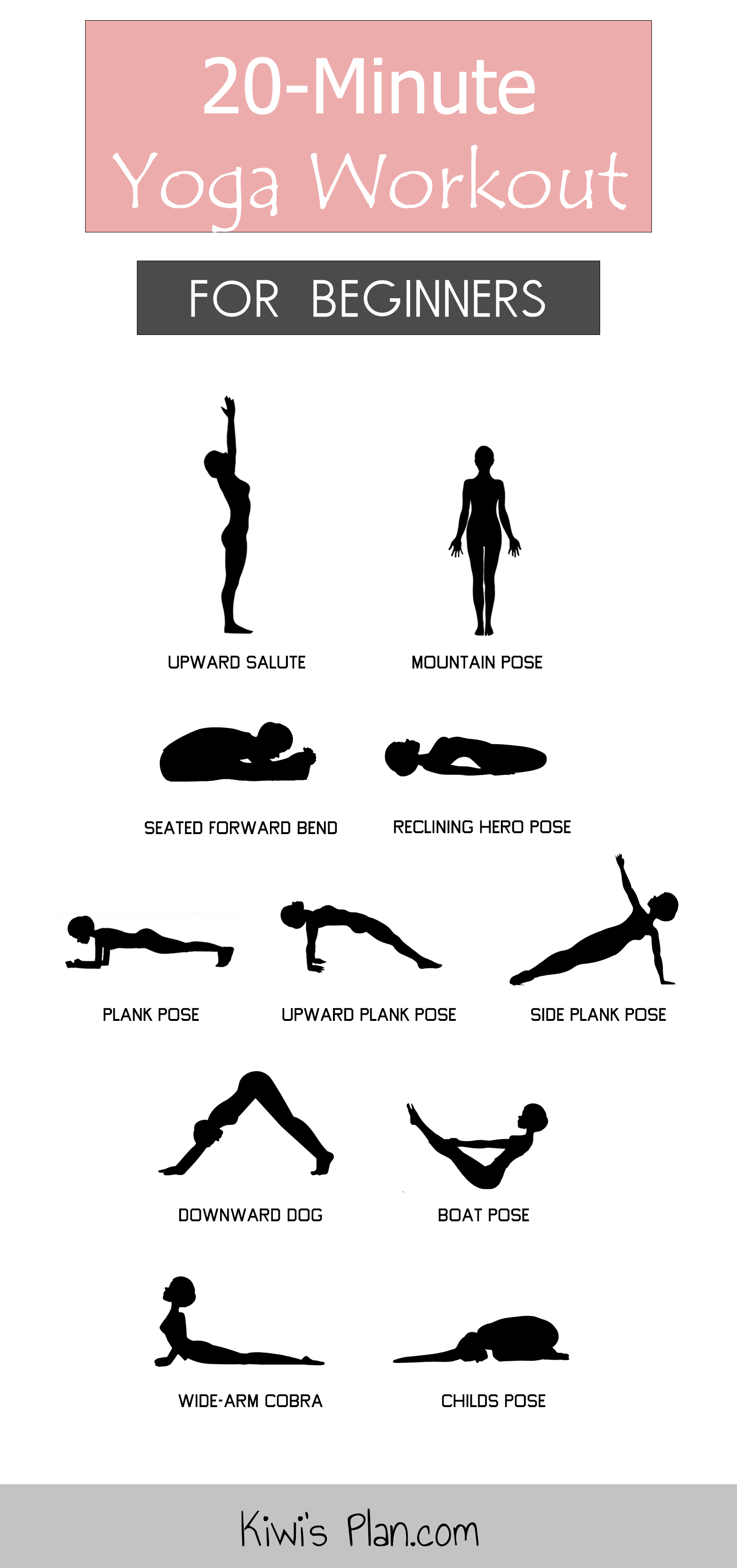
The plank is one of the most fundamental yoga poses for beginners. To achieve this position, your wrists should touch the top of your mat. With your arms facing forward, your legs and feet should be about hip width apart. You can adjust this pose if it is difficult. You can also raise your heels and rock your head side-to-side. Once you master it, you will be able to move on to more challenging poses.
Triangle pose
The Triangle pose is an excellent beginner yoga pose that can offer many benefits. It strengthens the back, shoulders, and hips. It also lengthens and works the iliotibial (outer hip muscles) bands. It helps to release lower back tension and improve digestion. For beginners, this pose may be difficult. You may need to practice it behind a wall.
The pose of a child
You may be asking yourself why the importance of child's posture is so important when you first start your yoga practice. Child's pose is good for the third eye. This is responsible for calmening the mind. In addition to that, child's pose is very beneficial for relieving headaches. Try practicing child's poses if you have headaches. You can lower your forehead, relax your neck and do this:
Downward Facing Dog pose

The Downward Facing Dog (or Downward Facing Dog) is one of yoga's most challenging poses. It can be difficult for beginners. However, a simple modification can make it easier. This pose does not focus on the upper body. It focuses instead on the hips, and hamstrings. The knees should be bent so that you can strengthen your hips and hamstrings. There are many benefits to this position, including strengthening your back and spine.
High Plank pose
The High Plank pose is a great beginner yoga pose. This yoga pose will help you increase your arm strength as well as core stability. This pose is also good for reducing stress levels and tension. This pose is good for heart disease prevention, high blood pressure, osteoporosis and sleep quality improvement. Avoid this pose if you have damaged your legs or high blood Pressure.
Reclined Pigeon pose
The reclining pigeon pose is a great way for beginners to stretch and lengthen their back muscles. This pose is also known to be supported pigeon. For extra stability and support for your hips, place a folded mat or yoga block under your raised sit bone. This basic pigeon pose can be used as a foundation for more yin variations.
Forward Fold pose
The forward fold is a basic yoga pose that allows you to open your hips and neck. It massages the internal organs. Many people find this pose relaxing and soothing. However, it's important to know that this yoga pose can be dangerous for people with certain health conditions, so be sure to check with your family doctor before trying it. Relax your torso and sit down in a comfy chair. For extra stability and support, you can put a large blanket on your thighs or pillow between your knees.
Tree pose

One of the beginner yoga poses is Tree pose, which offers many benefits for all levels of yogis. This posture is often performed while standing or lying down. You can also practice this by placing your feet against the inner leg muscle that supports your weight. When performing this exercise, try to be playful. For balance, bend your knees or place one foot against the inner thigh to improve your balance.
FAQ
What is Positive Psychology and Why Is It Important?
Positive psychology examines the aspects of positive psychology that can make us feel better about ourselves. These include happiness, optimism. gratitude, hope. kindness. compassion. forgiveness. courage. curiosity. empathy. spirituality. Positive psychology's goal is to improve self-esteem, happiness, health, and wisdom.
There are two types of positive psychology: trait positive psychology and process positive psychology. Trait positive psychology examines how people behave naturally. How we can use certain strategies for achieving specific goals in process positive psychology
What can I do if I have mental health problems?
It is crucial to seek out help if you are struggling with any mental health issues. Perhaps you've been through trauma or suffered abuse in the past. You might have experienced trauma or abuse in the past.
Another type of mental illness you might be experiencing is an addiction or eating disorder. These disorders can cause significant damage to your personal and professional life.
They shouldn't be dealt with on their own. Talk to someone who has experience with these issues. You can get the support you need from a professional therapist to help you overcome these difficulties.
Why is mental health important?
Mental health is vital for everyone. If you don't feel well mentally, you won't be able to do anything else. It is important to have a healthy mind.
Our bodies can start to feel stressed if we don't feel well. This can cause physical problems such headaches, stomachaches, backaches, or other symptoms. It is important to take care for our bodies and minds in order to maintain a healthy balance.
Statistics
- It means no drinking any alcoholic beverages and no taking any drugs that aren't 100% natural.
- Appropriate nutrition and exercise are likely among the most efficacious and cost-effective positive mental health interventions. (ncbi.nlm.nih.gov)
- More than 50% will be diagnosed with a mental illness or disorder at some point in their lifetime.3 (cdc.gov)
- Neuropsychiatric diseases are the leading cause of death and disability in the U.S., accounting for 18.7 percent of all years of potential lifespan loss and premature mortality.
- It does have some influence, but not nearly as much as we might think, so focusing less on attaining wealth will likely make you happier (Aknin, Norton, & Dunn, 2009); (positivepsychology.com)
External Links
How To
How to improve your memory
Everyone would like to have better memory. Memory loss happens to everyone at some time. More than half (50%) of Americans over 65 have some form of dementia.
There are many options available to improve your memory, regardless of whether you have Alzheimer's or dementia. Here are three simple steps you can try today:
-
Eat More Fruits & Vegetables. Vegetables and fruits are rich in antioxidants, vitamins and minerals as well as fiber and phytochemicals which can boost brain function. They also have essential nutrients that protect against neurological disease.
-
Get enough sleep. Low sleep quality has been linked both to memory loss, poor concentration, and memory loss. Get seven to 8 hours of uninterrupted sleep every night.
-
Take A Walk. Walking stimulates blood circulation to the brain, which improves memory. Walking helps you look slimmer, healthier, and more energetic.